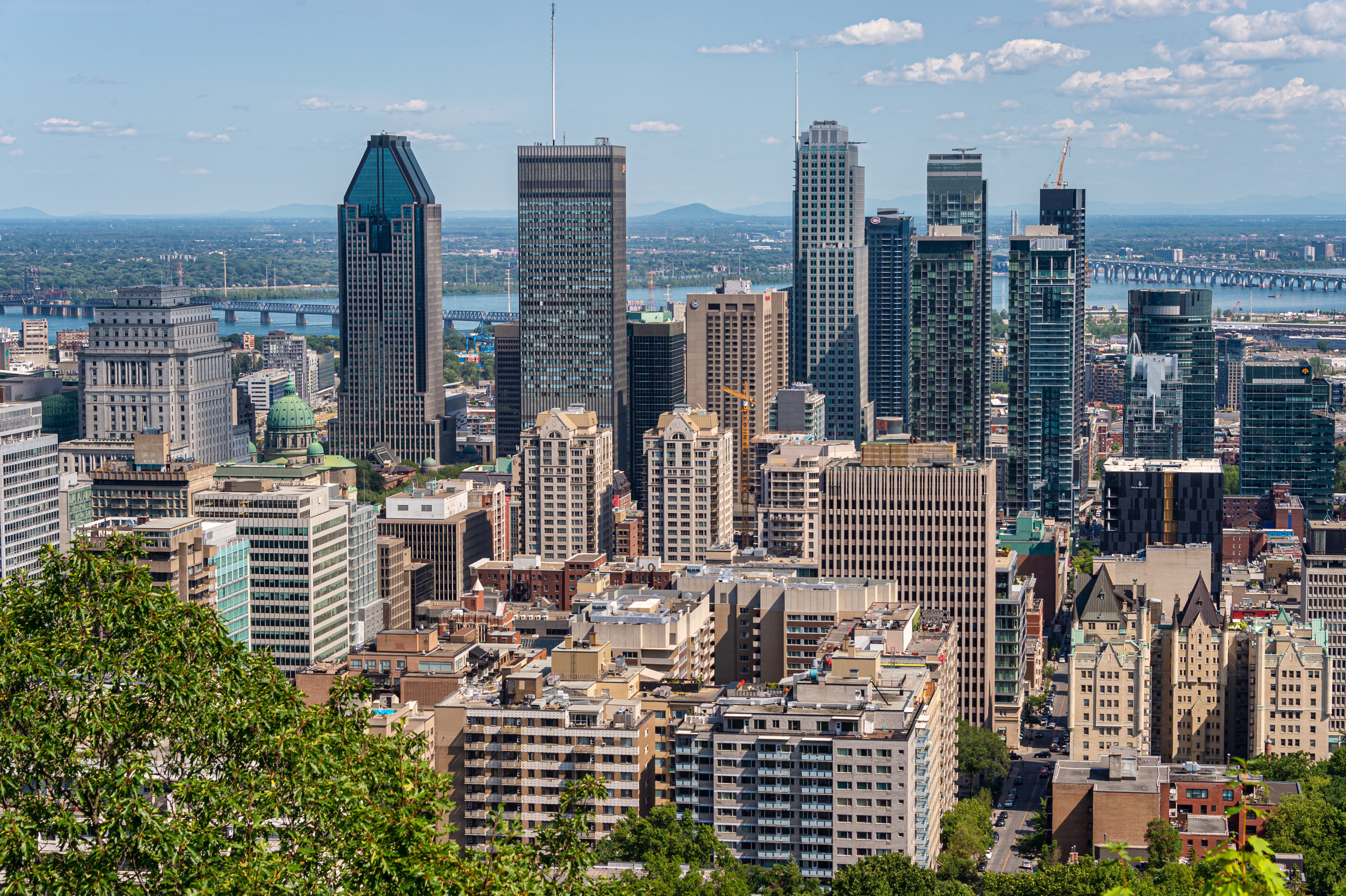Report ranks locations based on hiring activity, salaries, rental costs and unemployment rates

Montreal is considered the best city in Canada for jobseekers, according to a report from job search site Adzuna.
It analyzed cities around the world on five key metrics related to jobseeking: hiring activity, average salary, relative rental costs, local unemployment rates and job density.
Montreal ranked highest, according to Adzuna, and the city currently boasts almost 32,700 job openings, and maintains a strong cost-of-living to earnings ratio, with the average apartment rental accounting for 28 per cent of average monthly pay ($6,120).
Additionally, unemployment within Montreal sits at 9.6 per cent, just 0.2 per cent above the national average of 9.4 per cent.
“Despite the global pandemic, the Canadian workforce continues to forge ahead with opportunities for jobseekers,” says Andrew Hunter, co-founder of Adzuna. “Montreal has proven to be the best overall option in the country for jobseekers, being the middle ground for both vacancies and affordability.”
Edmonton came in second, while Toronto and Calgary tied for third place. And rounding out Canada’s top cities for jobseekers is Vancouver.
Edmonton and Calgary also topped the charts for affordability in Canada, with the average cost to rent equivalent to about 17.5 per cent of average monthly earnings. However, with just shy of 8,000 advertised vacancies on offer in each city, job opportunities remain limited in comparison to other major Canadian cities.
The unemployment rate in these Albertan cities is also significantly higher than the national average, at 11.6 per cent.
Employment growth slowed in October, according to Statistics Canada.
Globally, Adzuna’s top five cities for jobseekers are Saint Petersburg, Vienna, Moscow, Frankfurt and Utrecht.
The COVID-19 pandemic has accelerated the trend to remote working, which means that jobseekers “no longer need to live in the city where they work in the way they did five years ago,” says Hunter, which could trigger a “mass exodus from the most costly cities into cheaper areas.”
“Despite the draw of opportunities, a brain drain is a very real threat to cities like New York City, Vancouver, and LA,” he says. “This could be a strong advantage to jobseekers in cities like Edmonton and Calgary, where the cost of living is affordable, but the job opportunities are limited.”
However, a recent study found that remote hiring can be a real challenge for HR.




